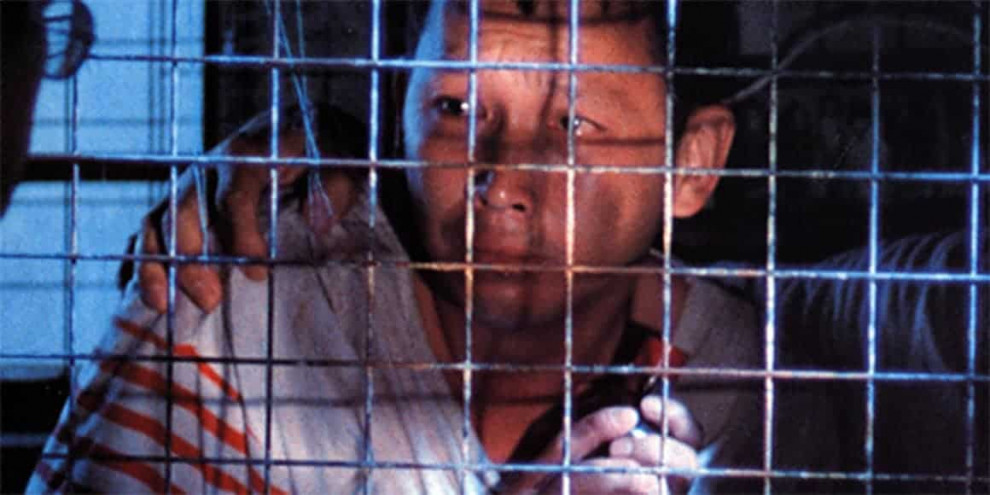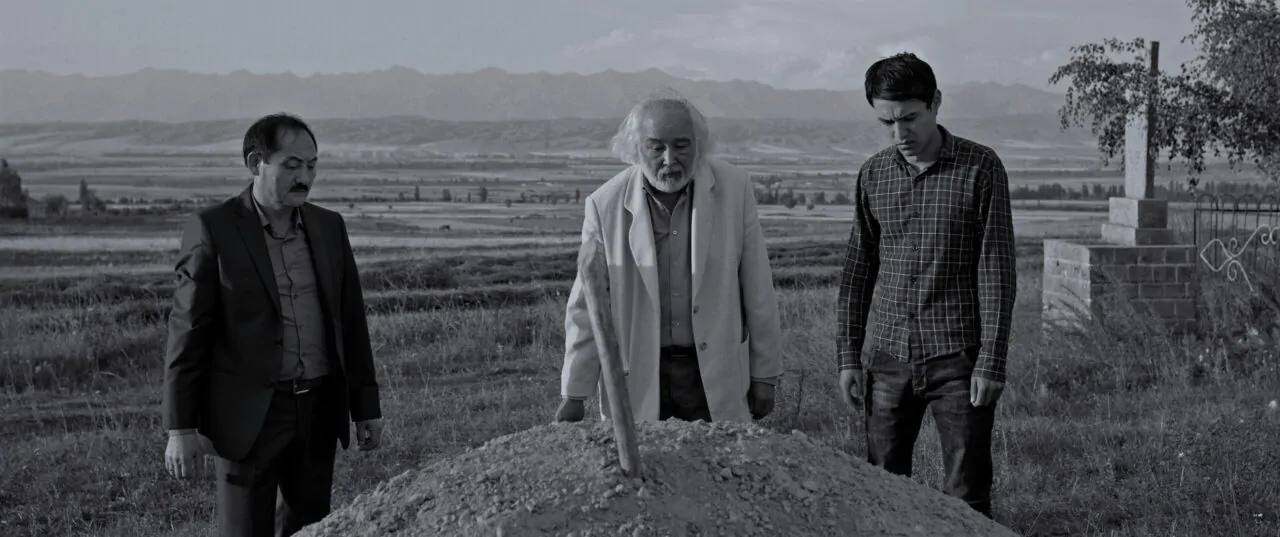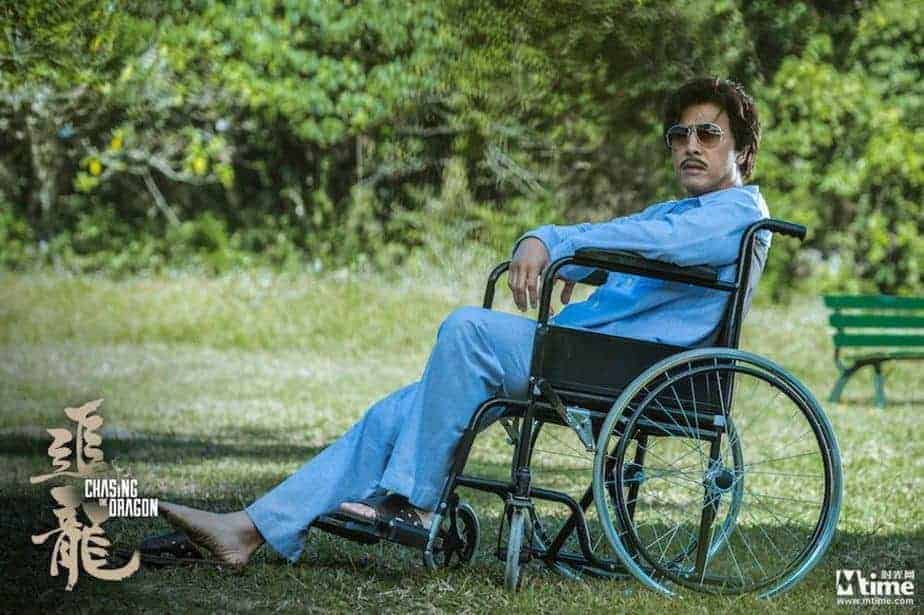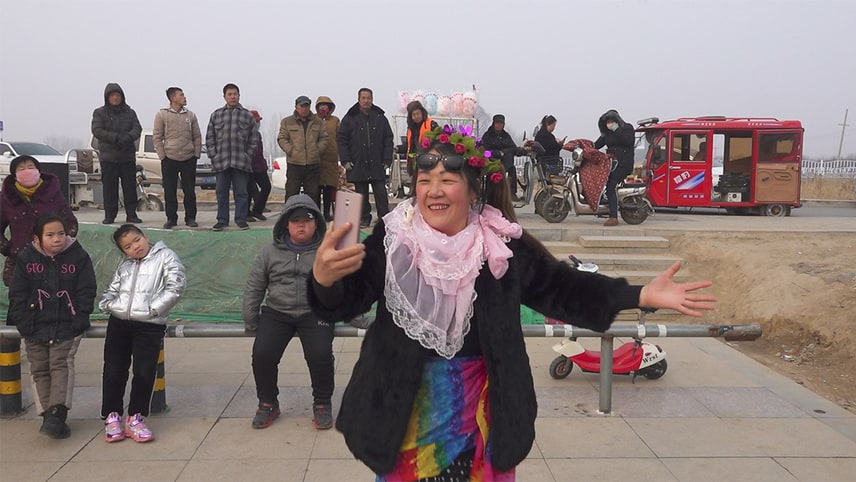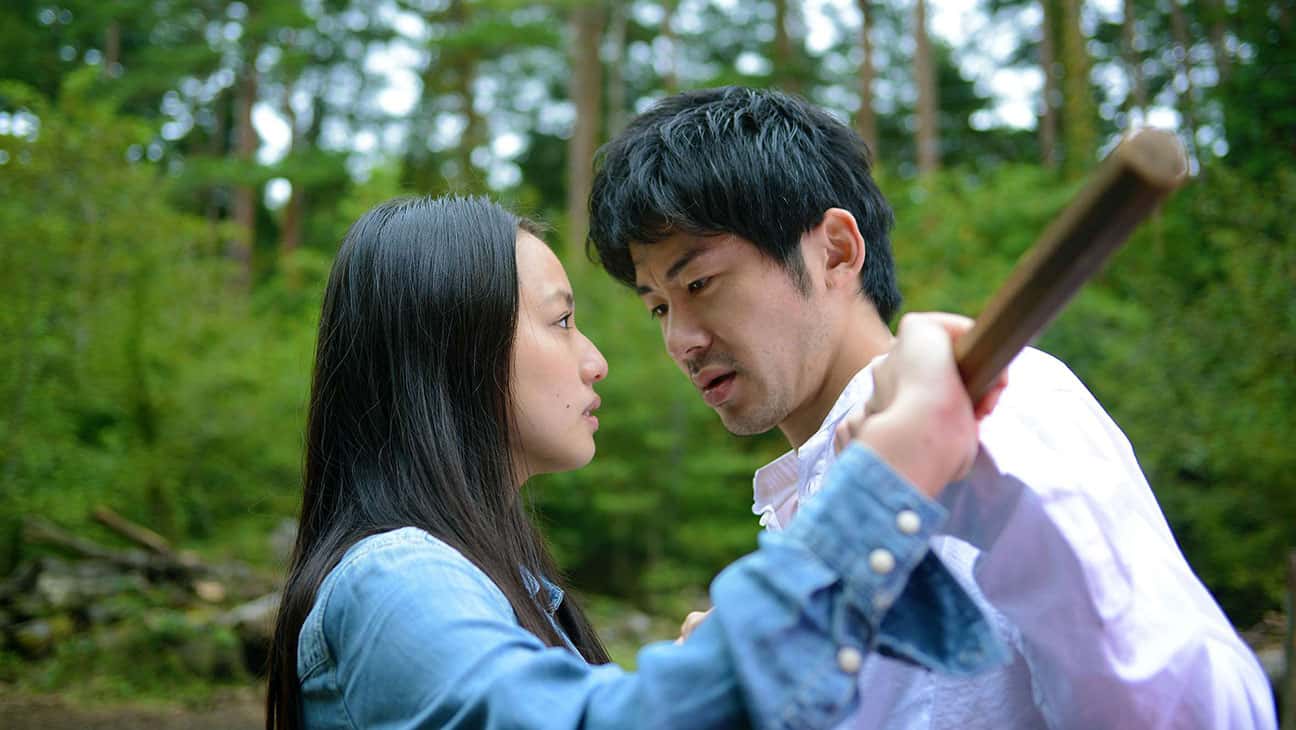Some years ago, when Wong Chun suggested this movie as one of his favorites, I could not imagine how relevant it would still be today, almost 30 years later, while it also reminded me of the pleasure pointy, sociopolitical satire can offer. Cheung uses cage homes as the base of the story, a type of residence only large enough for one bunk bed surrounded by a metal cage, usually inhabited by those who did not qualify for social welfare, or subsidised rent or electricity, in order to make his comments, in an effort that resulted in awards for Best Film, Director, Screenplay and Supporting Actor by the 12th Hong Kong Film Awards.
The story explores the lives of the tenants of the Wah Ha cage-house, before and after the property owner announces he will take the building back and demolish it. The main characters are Fatso, the man in charge of the house who collects rent and pays to the landlord, and also father to Prince Sam, a young man with an intellectual disability, who always seems to tell things as they really are. 7-11, a 99 year old man who runs a small convenient store in his cage with the help of Sissy, with whom he shares a rather unusual friendship. Monkey man, a short tenant who owns a monkey and is one of the main source of comedy in the film. Luk Tung, a bulky man who works as a handyman. Eventually, Lam Tsung, a young man with a shady past appears and a number of events start to unfold. Councilors Chow and Tsui, who eventually end up staying for a few days in the premises supposedly to experience the real atmosphere of the cage-houses. Smaller but important parts are taken by Taoist, a kind of a priest who philosophizes constantly and Charlie, a former tenant who has decided that living on the streets is better, and has somehow managed to be better off than the rest, and Officer Lam Tsung, whose story offers a rather intriguing twist. .
Cheung directs a film that functions much like a stage play, through the use of a single location almost exclusively, the lengthy sequences and the many actors who frequently function like a troupe. This aspect works quite well for the narrative, offering much entertainment through both comedy and drama, along with the episodic nature of the story. This part benefits the most by Andy Lam's cinematography that highlights the claustrophobic atmosphere of the cage-house through an approach frequently lingering towards the documentary, with the scarce editing by Henry Cheung also adding to this approach.
Another comment present is the institutionalism resulting from living many years in such a place, with Cheung presenting a number of the inhabitants, but mostly Fatso as completely out of their depth when they roam in the outside world. The language issues also gets is share, when one of the tenants mentions to the newcomer Mao, “we speak Cantonese here”. Lastly, the failure of democracy (its distortion one could also say) due to machinations and misguidance from a number of people also gets its share of criticism.

This however, is just the surface level, since the true meaning of the movie is hidden on a somewhat deeper one, a fact that becomes apparent quite soon, even from the names of the main protagonists, who are quite indicative.
In that fashion, Cheung deals with a number of sociopolitical issues. The housing one in Hong Kong is the most obvious one, with the whole concept of the cages delivering much shock to the first-time viewer, even more when one realizes that this is a reality of the city. The issue with bureaucracy is another one, as one of the inhabitants highlights the problem by mentioning the different problems-different bureau concept. The hypocrisy of the politicians is another one and quite central, with both Councilors appearing charismatic to their constituents, but soon revealed as hypocrites simply in search of votes, and using their power of people to service the capital. The role of the police as an instrument of the capital is presented through Officer Lam.
The merchant class gets its fare share of criticism through the miser 7-11, while Fatso depicts a rather diverse figure who tries to please both upwards (landlord) and downwards (the tenants) before he realizes his actual part in this world. Cheung, however, seems to wanted to present him as a “good guy” who draws sympathy from the audience and I feel that is why he made him a single father of a mentally handicapped son. Prince Sam, on the other also functions as a comment about the state's treatment of handicapped people, who is presented as non-existent in essence. These four, Chow Chung as Councilor Chow, Dennis Chan as councilor Tsui, Roy Chiao as Fatso and Liu Kai-chi as Prince Sam deliver the most memorable performances in the film, although in a completely different style from each other.
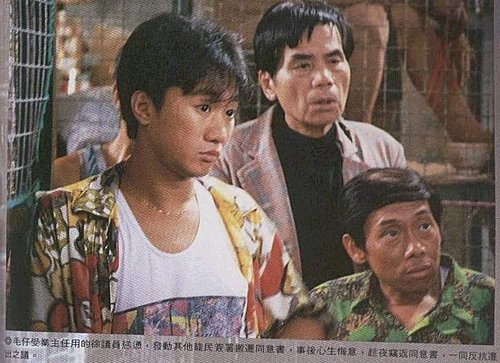
Other characters also have representational parts. Luk Tung represents the working class, people who are strong and hard working but in essence get nothing for it. Monkey man the poor devils, who try to survive using their cunningness, while Taoist, who seems to always say wise things but no one pays attention to him seems like a comment on religion and its non-existent impact in the contemporary Hong Kong society. Mao represents the then youth of the country, people who seem lost regarding both their identity and their future, in a concept that results in the almost complete lack of principals. Wong Ka Kui in the role delivers the fifth intriguing acting in the film, presenting a rather layered character quite accurately.
“Cageman” includes so many contexts that this review could easily be doubled in size, and what is where the true value of the film lies, despite the fact that is also succeeds in offering much entertainment. A truly great film, that is quite sad that it seems to have been forgotten.


